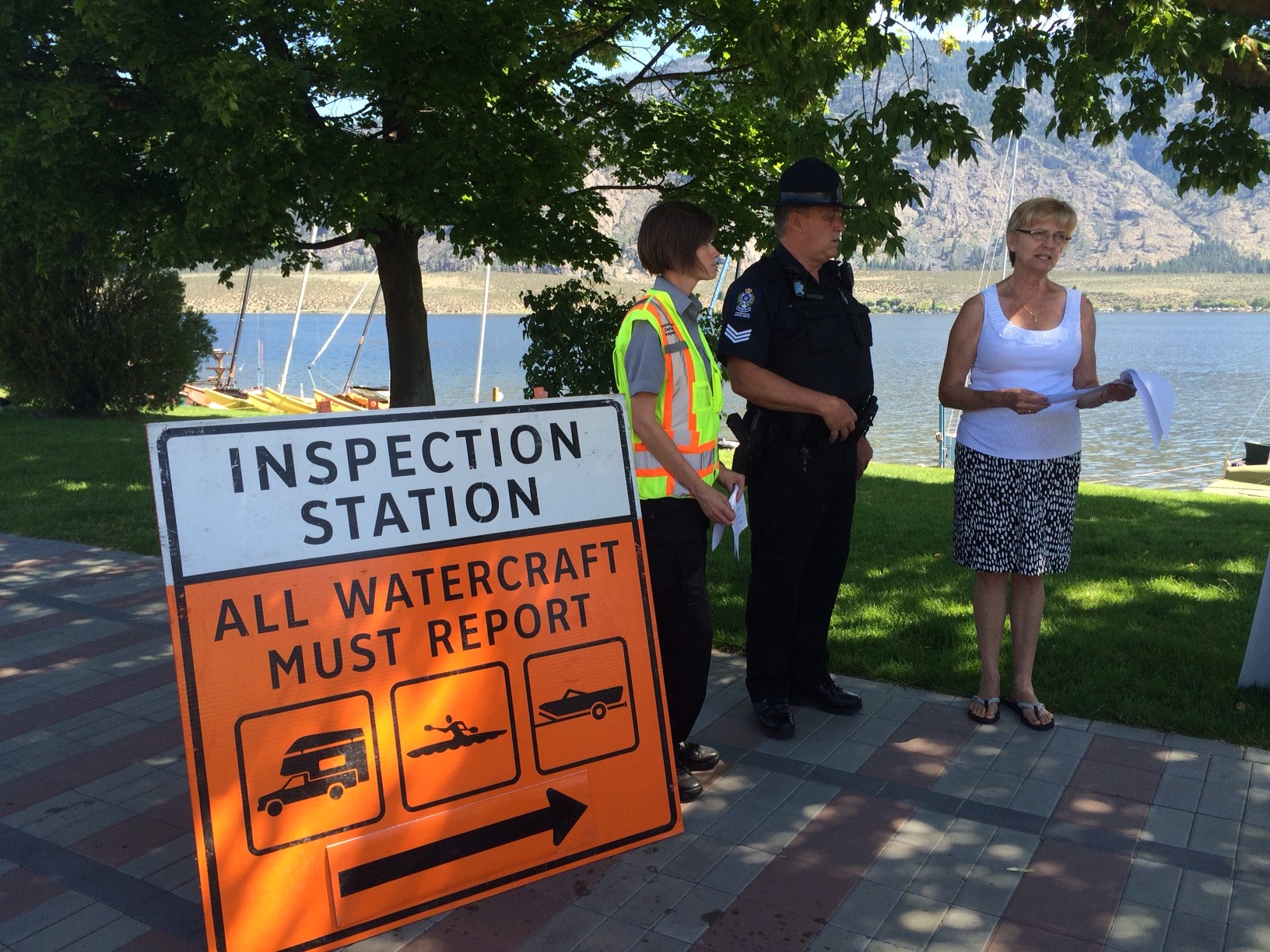Across the province, boat inspection stations are opening up from now until late October to prevent zebra and quagga mussels from spreading to bodies of water around B.C.
The B.C. government said that inspectors with the B.C. Conservation Officer Service (COS) will be checking boats for aquatic invasive species and educating the public on the importance of Clean, Drain and Dry, a preventative measure that all boaters should be aware of when travelling between lakes.
The inspections are mandatory and require anyone carrying a watercraft in B.C. to stop at an open station. The B.C. government said that failing to do so can result in a $345 fine. Last year, 116 violation tickets were issued to drivers who did not stop.
In 2019, the COS conducted 52,000 inspections that found 22 mussel-fouled boats coming from Ontario, Michigan, Utah and North Carolina and were headed for the Lower Mainland, Vancouver Island, Kootenays, Thompson-Nicola and Skeena regions.
“While we are all protecting ourselves during this unusual time, each of us can take simple actions to protect our waters from invasive species,” said Dave Bennett, chair of the Invasive Species Council of BC. “This weekend kicks off the Clean, Drain, Dry week for Invasive Species Action Month in B.C. Whether you are a paddler, boater or a fisher, let’s continue to work together and make sure all of our equipment and vehicles are clean, drained and dry before going to a new waterbody.”
As people are advised to avoid non-essential travel, the risk for invasive mussel species is expected to lower.
“We recognize people are eager to get outside and many are ready to head to their favourite lake, but we need to avoid non-essential travel during these unprecedented times and stay close to home,” said George Heyman, Minister of Environment and Climate Change Strategy. “We are fortunate there have been no reports of quagga and zebra mussels so far in B.C., and we need to make sure it stays that way by ensuring the necessary resources are in place to protect our economy, our infrastructure and our sensitive ecosystems.”
Zebra and quagga mussels attach themselves to hard surfaces, making boats ideal means of transportation between various bodies of water. The province said the mussels multiply rapidly and are extremely difficult to eliminate from an area once they become established.
“The economic impact of invasive mussels to hydropower, agricultural irrigation, municipal water supplies and recreational boating could cost the province an estimated $43 million per year if introduced into B.C. This does not include additional impacts on commercial and recreational fisheries,” said the B.C. Government.
In 2019, water samples were taken from 79 lakes across B.C., all of which came back negative for invasive mussels.
The Province said that its Invasive Mussel Defense Program launched in 2015, and contains three main components: watercraft inspections, lake monitoring and public outreach and education.




